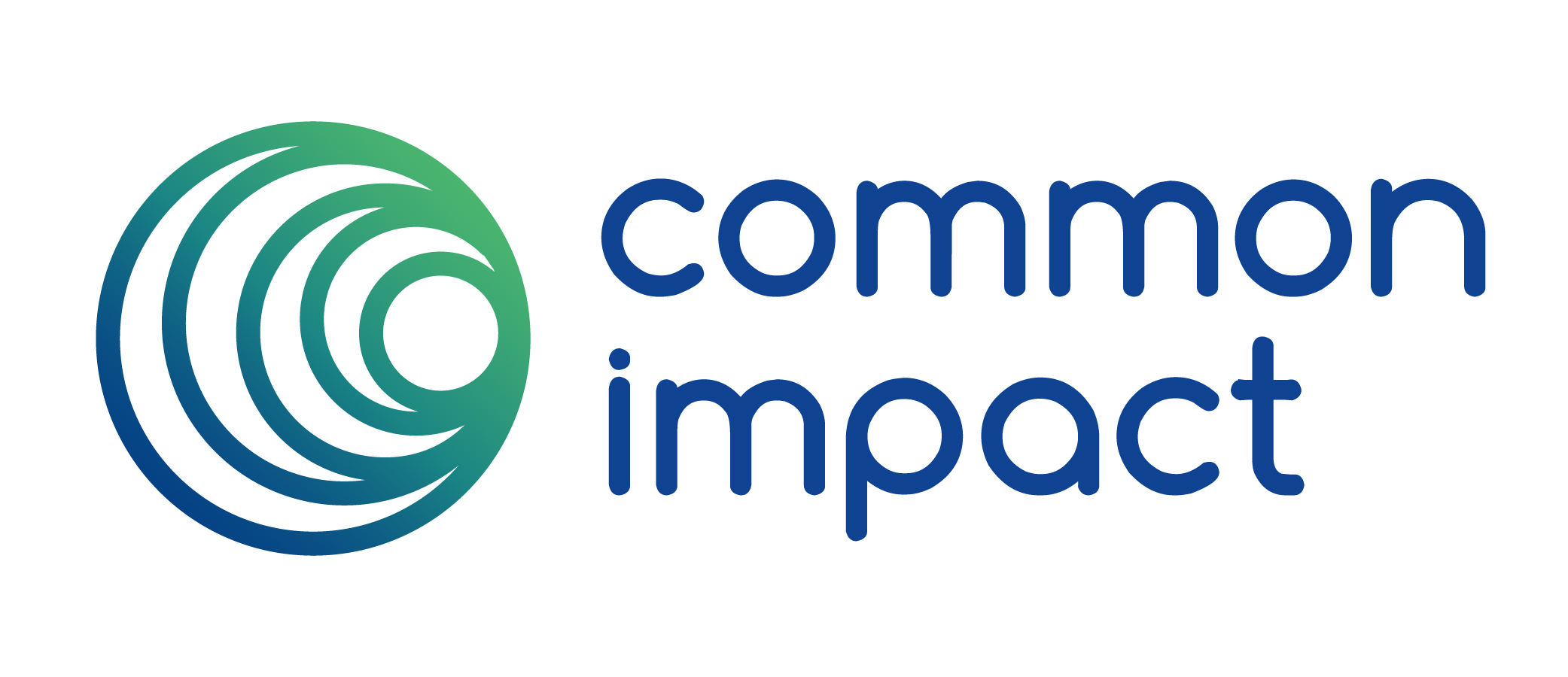What's Next for Good Business?
Times have changed dramatically since those early conversations. As I sat in front of my laptop on January 1st, big cup of coffee already mostly empty on the desk as I charged up for the coming year, I read the many predictions for corporate social responsibility and sustainability forecasted for 2015. Across the board, three key themes resonated through every prediction:
- Corporate social responsibility is now an absolute mandate for companies who want to cultivate new customers and grow their business.
- Strategic CSR is simply good business sense and, done well, has tangible financial return.
- What gets measured gets managed. Metrics like GRI scores, Net Promoter Scores, and the dollar value of pro bono efforts in the community are no longer buried in the pages of the annual corporate citizenship report, but are also on the dashboards of the C-Suite.
And now, those same corporate leaders whom we met with years ago have the proof they need to build, influence and inform real change at their companies through these initiatives. This represents enormous progress towards sustainable social change.
So, what’s next?We’re not going to solve society’s most intractable challenges through a collection of corporate engagement programs and good business alone. But building on the foundations we’ve developed over the past fifteen years, there is now an even stronger role for the private sector to play in deepening our progress on fighting poverty, increasing access to education and housing, and fostering a more sustainable, environmentally friendly way of life.
Engaging businesses of all sizesWhile large companies have led some of the most recognized community engagement efforts over the past few years, the small and medium-sized business market represents significant opportunity – to the tune of about 95 million potentially “engagable” owners and employees.* These smaller companies are, in many ways, even more connected to the communities in which they operate, but often lack the resources to build and launch full scale engagement programs (though there are great resources out there from our friends at Business Doing Good and Billion + Change).
One new approach to tapping into that potential is for businesses of all sizes to work together in collaborative community engagement efforts. We’ve seen and supported many new models along these lines: from companies that are otherwise competitors banding together to address challenges that are affecting their neighborhoods, cities, and states, to vendors and business partners engaging in skills-based teams that support local nonprofits and nurture their partnerships at the same time, to larger companies looking up and down their supply chain and influencing and supporting their smaller business partners in adopting more sustainable practices.
Data sharing and transparencyThe rise of “shared value” concepts has brought the measurement of engagement efforts closer to overall financial, business and success metrics for companies. However, the biggest failing of this trend to date has been that companies have been hesitant to share some of their internal metrics more broadly. And, while complete transparency is not realistic, companies need to take a step towards disseminating some of the powerful business results of their community engagement efforts. Like the increase in recruiting, promotion and retention rates of employees that have the opportunity to engage in skills-based volunteer efforts. Or the sales growth a product achieves gets when it’s tied to a cause that resonates with consumers. Or even the programs that didn’t work, the places where business return wasn’t positive, the mistakes that were made.
These are the conversations and proof points that are going to allow the private sector to get more effective in informing real social change. Late last year, Nancy Mahon of Estée Lauder made a call for greater corporate transparency. Large companies such as Estée Lauder can move this conversation forward by taking the first step, and by sharing their successes and mistakes for the shared purpose of enhancing the collective efforts of the private sector.
When a company looks beyond its own community investment, and towards the broader ecosystem within which it operates, it unlocks new possibility for broad-scale change. Common Impact’s next 15 years will focus on equipping companies in our communities to make this leap – to quantify the long-term value, to create and share the stories of how these complex partnerships can work, and to create increasingly more conscious, connected communities.
*Forbes blog post by Ryan Scott: "New e-Book Says Best Corporate Volunteerism is Skills -Based," "Small Business, Big Purpose: A guide to skills-based volunteerism," by A Billion + Change, Blackbaud and Riggs Partners

